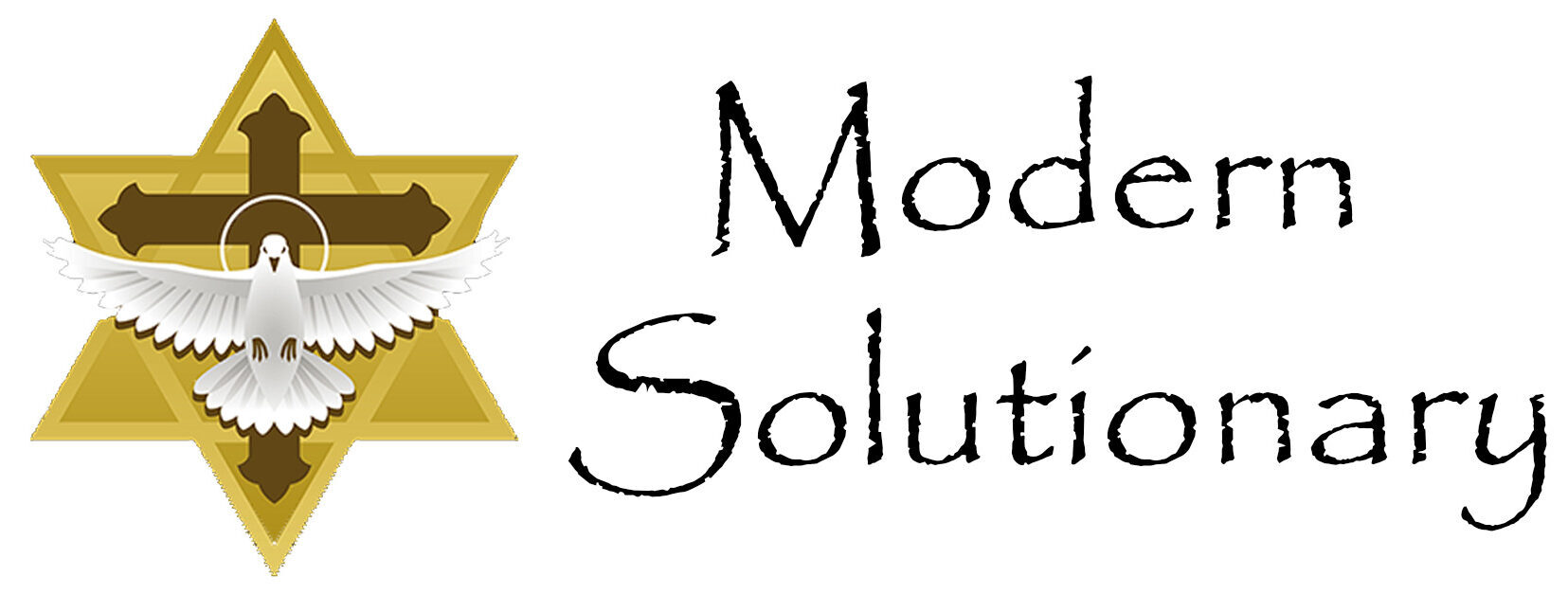
I’ve told you before; I really love words because they matter and in translation between languages you have to know the slangs of the times making them matter even more. In my generation, we used the word “dude” or “guy” to describe just an average man. The need to describe someone on a general level has been required from the very beginning of communication.
During Holy Week in the Christian calendar, we will read and hear scripture passages originally written in Greek, about conversations that were likely spoken in either Hebrew, Aramaic or Greek. In addition, these stories were retold orally for decades, before the Biblical authors eventually captured them from the original written language nearly a century after the events actually occurred. This means that the authors of the Bible had to translate the meaning of the language as it was actually spoken, into the Greek language. As in all languages, certain words may have different meanings, definitions change over time. This also happens between languages and phrases; depending on the culture of the times, so they will mean different things.
One such example is taken from the Gospel of Mark:
Then the high priest stood up before them and asked Jesus, “Are you not going to answer? What is this testimony that these men are bringing against you?” But Jesus remained silent and gave no answer. Again the high priest asked him, “Are you the Christ, the Son of the Blessed One?”
“I Am,” said Jesus. “And you will see the Son of Man sitting at the right hand of the Mighty One and coming on the clouds of heaven.
Jesus, spoke Aramaic and Hebrew and though much alike, they were different languages. In Aramaic, the phrase “Son of Man” would have been “bar enosh”; in Hebrew, the phrase would have appeared as “bin adam”. Both, were likely phases spoken by Jesus, depending on his audience. When used in casual conversations the implications, context and the use of the phrase would simply have meant that he was just a man. However, because Jesus was answering a direct question posed by a Jewish priest and he too was well versed in scripture, we believe that He spoke those fateful words in Aramaic. Jesus knew exactly what would happen to him once the entire Sanhedrin heard him openly refer to Himself by using the name Yahweh gave to Moses, “I Am”, followed by the acclamation of His status as the One fulfilling the prophesy written over five hundred years before by Daniel, describing the coming of the Christ.
Here are the words of scripture from approximately 536BC – Daniel 7:13
“As my vision continued that night, I saw someone like a Son of Man coming with the clouds of heaven. He approached the Ancient One and was led into his presence.”
That day and every day, words do matter.
Nearly two thousand years later, are we bold enough to choose the words we use so carefully; knowing, we too, may find ourselves sharing in the painful repercussions dealt to us by those who do not want to hear the truth?
If this is my last post, I want all to know there was only one purpose for all that I have written; to have made a positive difference in the lives of others.
Anthony “Tony” Boquet, the author of “The Bloodline of Wisdom, The Awakening of a Modern Solutionary”
